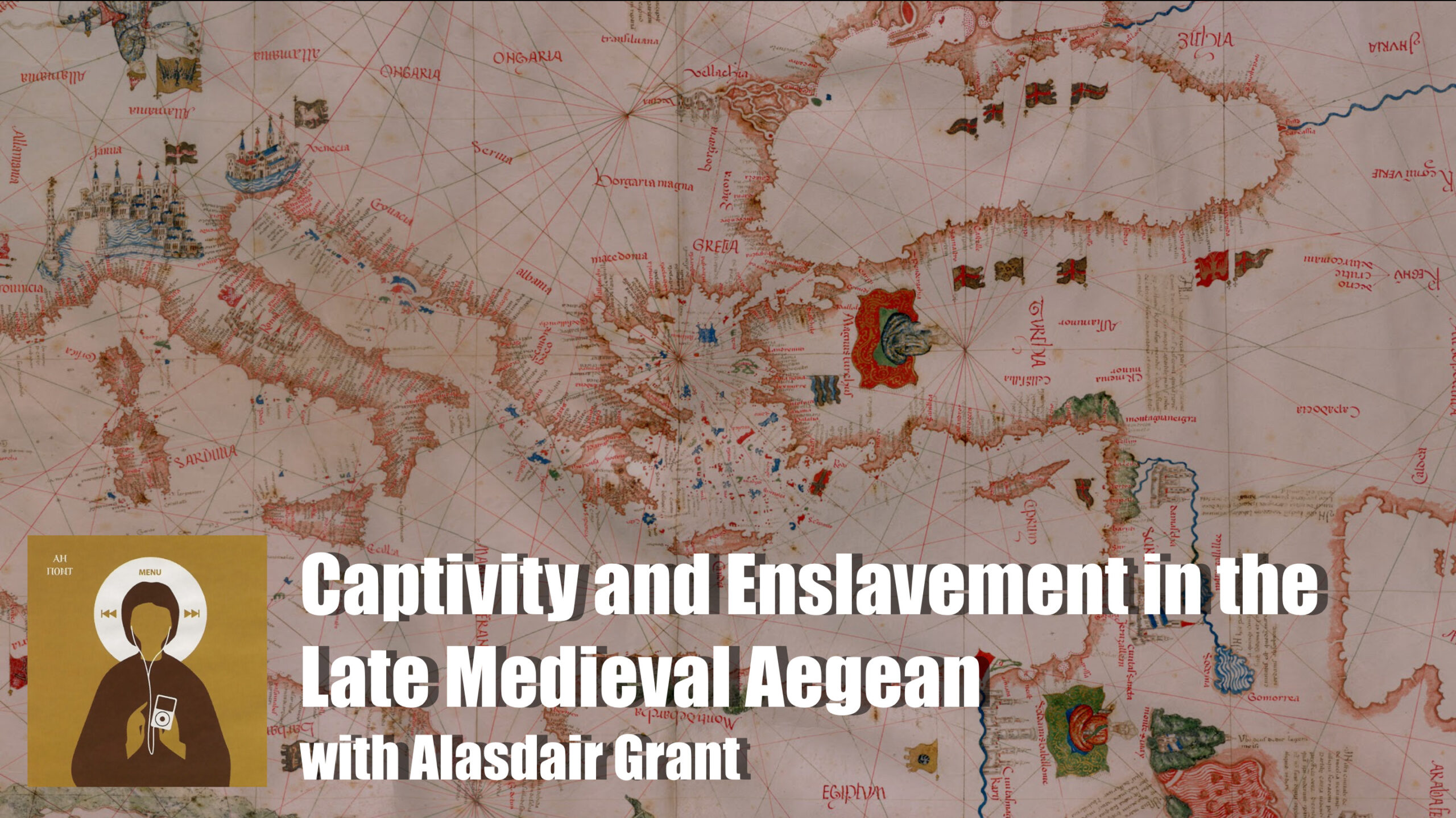
"Many Greeks, referred to as Romaioi, faced captivity and enslavement during the late medieval period, marked by state collapse and raids from both Italians and Turks."
"The distinctions between captivity and enslavement are crucial, involving prospects for ransom and the impact of religious status on legal circumstances."
"Legal status in captivity was significantly influenced by religion, which determined whether individuals could be ransomed and the nature of their treatment."
"Alasdair Grant's research delves into the experiences of Greek captives, providing insights into their plight during a tumultuous historical landscape from 1260 to 1460."
Greeks, known as Romaioi, suffered extensive captivity and enslavement in the late medieval period, particularly from 1260 to 1460. This era was characterized by state collapse, leading to severe raids and attacks from both Italians and Turks. Captivity and enslavement had distinct legal implications, especially regarding the potential for ransom. Religious affiliation played a crucial role in determining legal status, influencing the treatment and prospects of captives. Alasdair Grant's work sheds light on these dynamics, providing a nuanced understanding of the challenges faced by Greek captives during this time.
Read at Medievalists.net
Unable to calculate read time
Collection
[
|
...
]